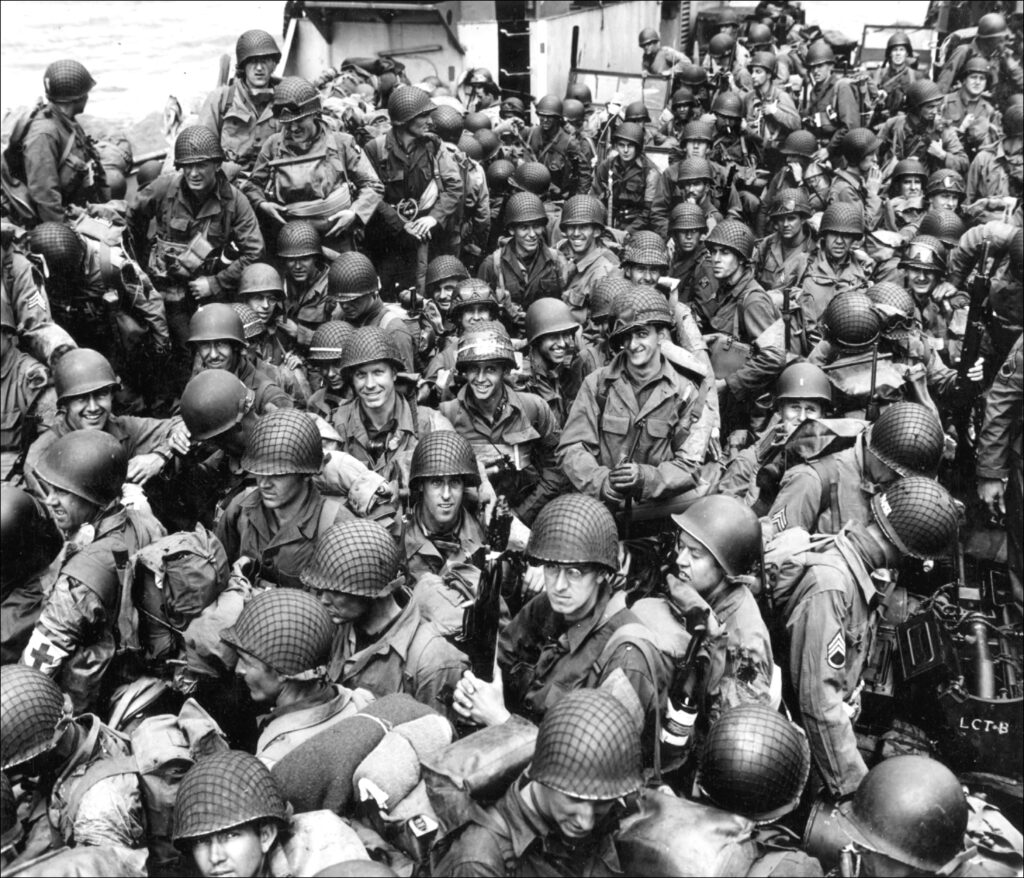Americans of this generation have always been somewhat familiar with the region of the world called the Middle East. The historic events during the last several decades have all but ensured that this nation would be concerned about the volatile group of nations which comprise that area of the world. Michael B. Oren, well-known author of several books on the subject of Middle Eastern history, has added to that inventory with Power, Faith, and Fantasy: America in the Middle East: 1776 to the Present.
Oren chose the title because he feels these three words summarize the fascination and interest that Americans have had with the Middle East throughout this nation’s history. His book is a historical journey through American history as it relates to this enchanting area of geography.
He begins the pilgrimage in the Washington Administration as the young nation had to come to grips with the Barbary Pirates who created havoc for American trade in Mediterranean coast of North Africa. This problem became a chronic one for future administrations. Presidents Andrew Jackson and Abraham Lincoln were challenged by relationships in this important part of the world as well, even though their administrations were known for other more notable events in American history.
In 1902, an American coined the term Middle East to differentiate from the Far East and the Near East. The name developed a life of its own and today is almost universally used. Teddy Roosevelt and his distant cousin FDR had to deal with the growing prominence and importance of the region. World War II had a major battle front in North Africa and the fading Ottoman Empire, which now is basically Turkey, and was an adversary during the Second World War.
However, with the establishment of the Israel after the war, the volatile region became even more of a foreign relations challenge for every president. From Truman to the second Bush Administration, which now means the War on Terror, the nation’s leaders have confronted colossal difficulties.
Power, Faith and Fantasy represents a relatively readable approach to these complex issues. Oren is an authority on the region as is evidenced by being a Senior Fellow at the Shalem Center. He takes an ostensibly objective approach to the matter as he fleshes out the story.
For America, power or influence in the Middle East came as a result of World War II and the demise of colonial European presence worldwide. Oren also eloquently describes the interest Americans have in faith or religion as it relates to the region. Present-day Israel and its former provincial state form have always held huge interest for American Protestants, Catholics and Jews. The city of Jerusalem, as a holy place for Christians, Muslims and Jews illustrates the point quite well.
Oren further contends that Americans have historically held some fantasy ideas about the Middle East. A Thousand and One Arabian Nights is a longstanding example of the myth making concerning the people of the region. The Indiana Jones films also offer such evidence. However, the fantasy ideas have been almost eradicated by 9/11 and other terrorist events of recent decades.
My interest in the Middle East is admittedly seen through American eyes. Like most evangelicals, the Bible lands are very special to me. My visits there served only to enhance that connection. Yes, I did grow up on the Arabian Knights story, along with King Arthur and other noble accounts of adventure. Furthermore, I recognize the important influence, or as Oren calls it “power,” that the U.S. has in the Middle East. Therefore, the book interested me and informed me. It helped me understand America as well as the Middle East.




